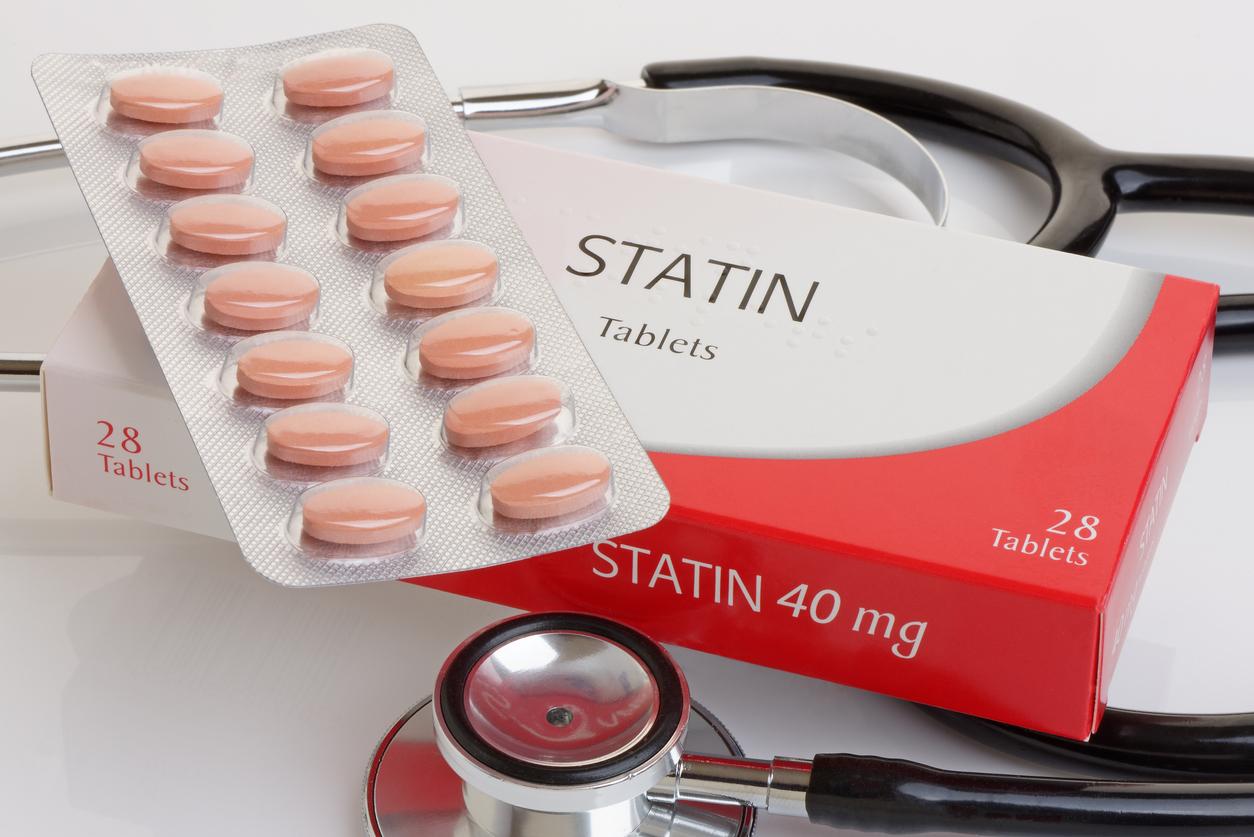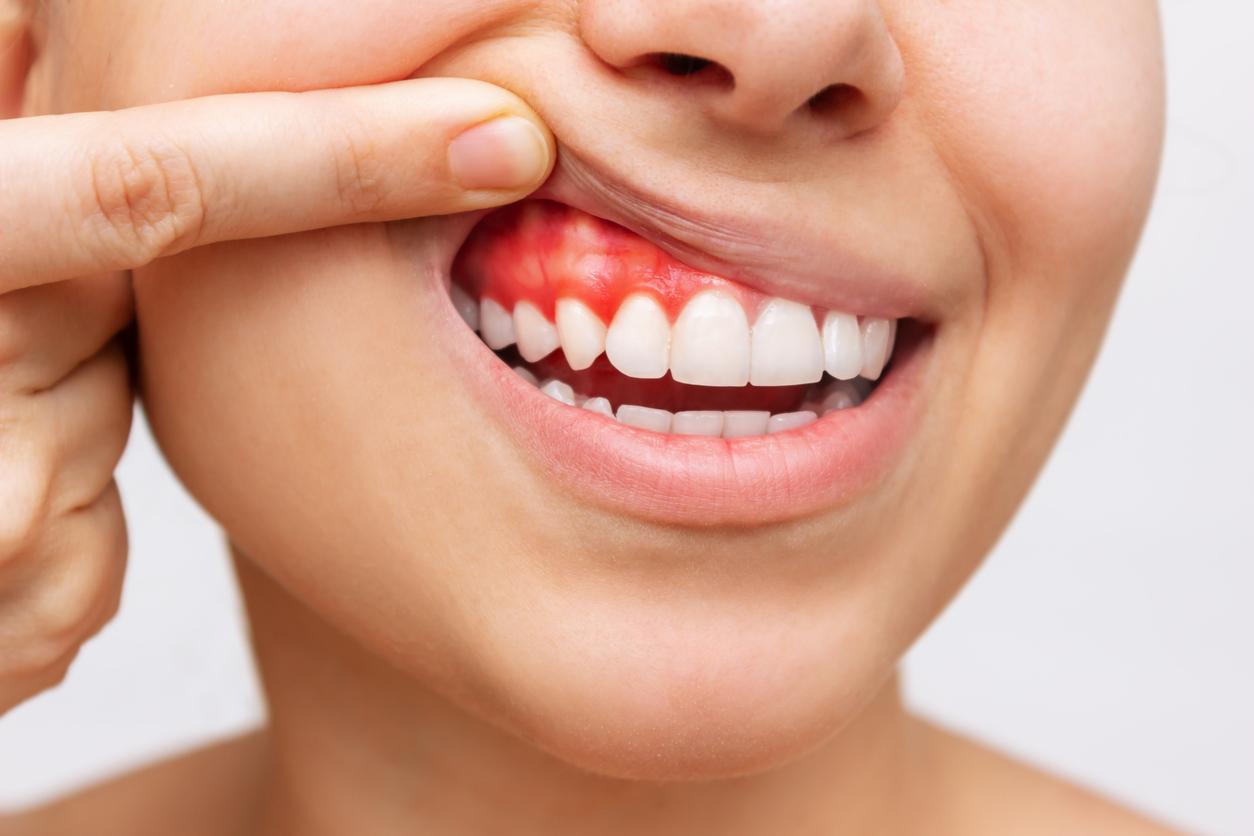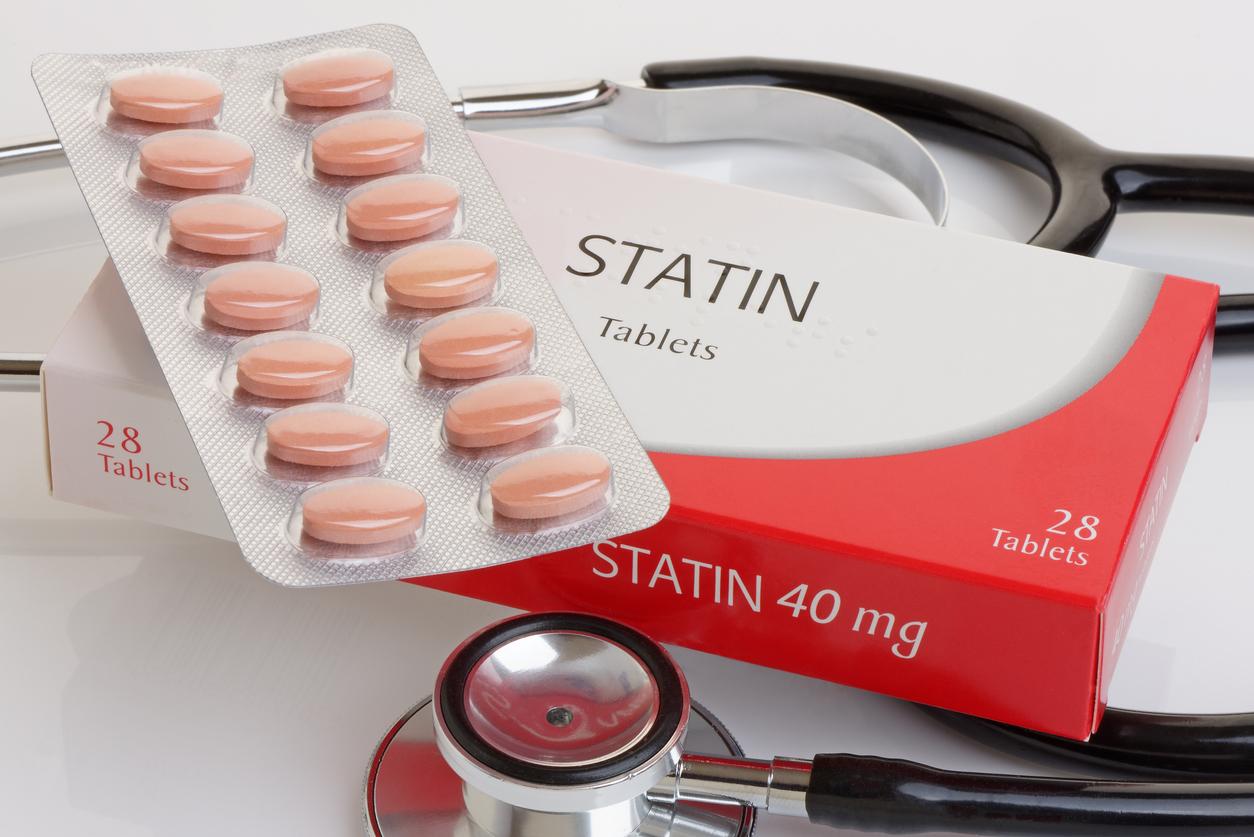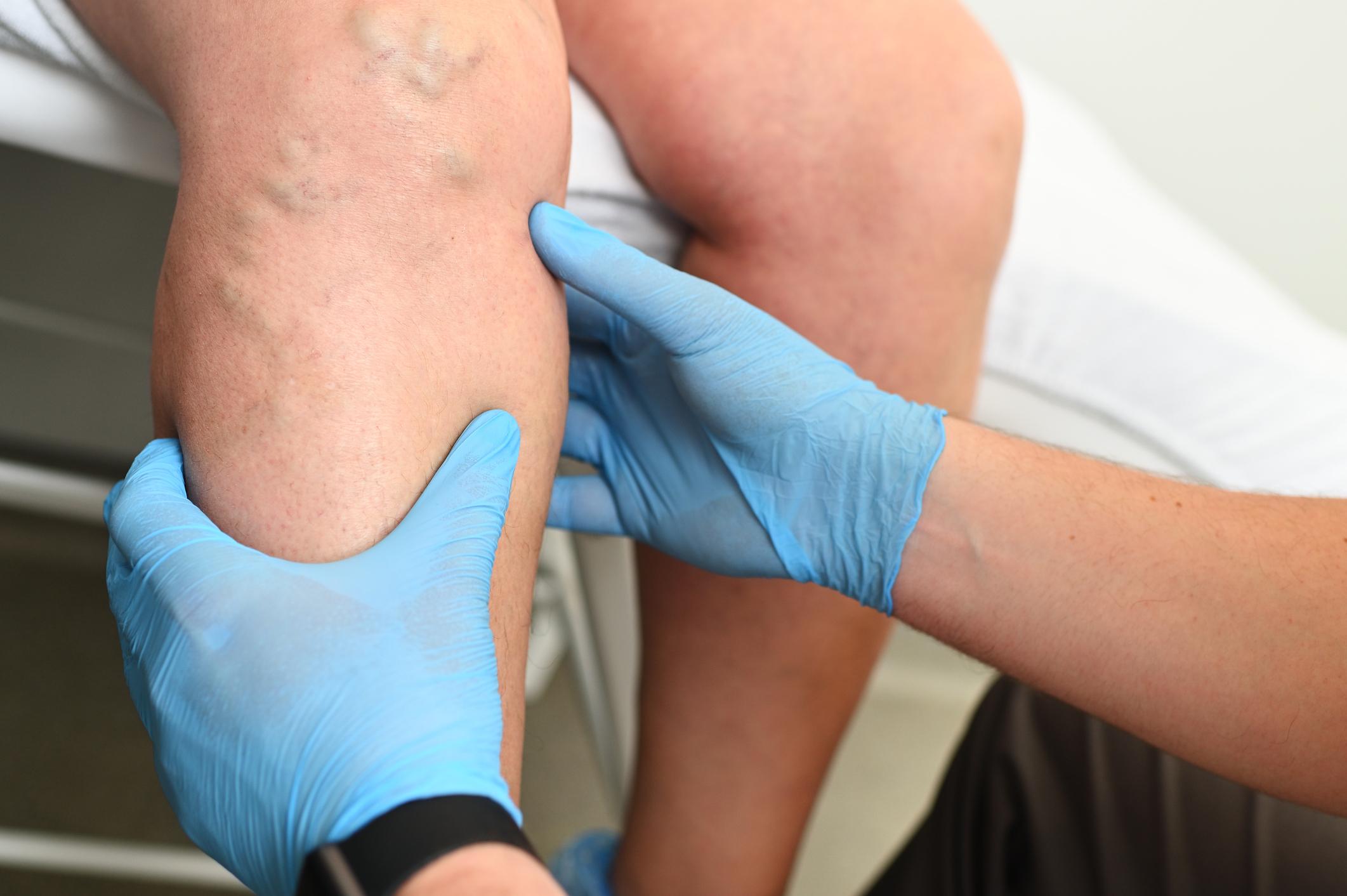Statins are drugs prescribed for cholesterol. A new study shows they could help treat gum disease, also called periodontal disease.
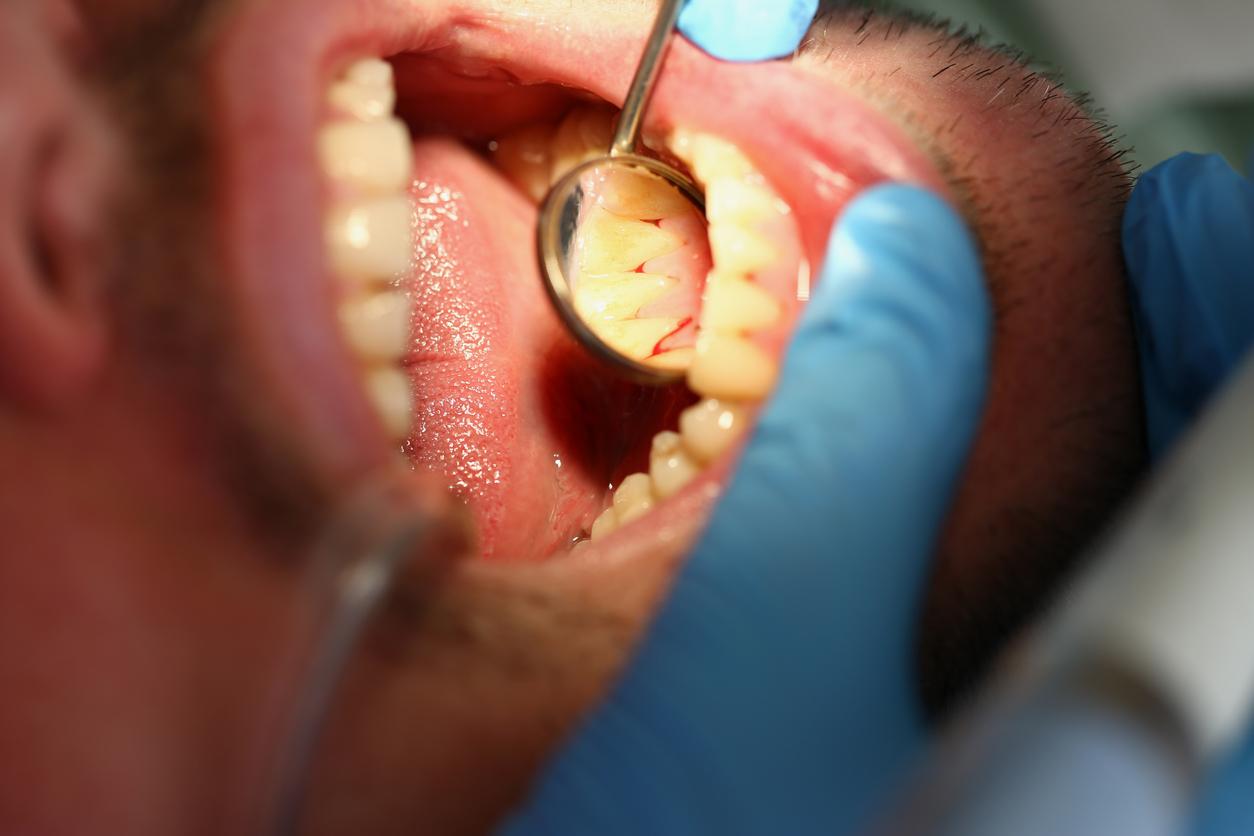
- Statins, cholesterol medications, reduce gum inflammation.
- This is linked to their action on macrophages, immune cells.
- They could become a new medicinal route to treat periodontal disease.
This is called killing two birds with one stone. Cholesterol treatment would be effective in treating gum disease. Researchers at the College of Dentistry at the Medical University of South Carolina in the United States have proven that there is a link between statins, a cholesterol medication, and gum health. Taking this treatment reduces inflammation linked to periodontal disease. The results of their work are published in the journal Cells.
Gum disease: new less invasive treatments?
According to the authors, statins are the most common prescription drug in the United States today. More than 40 million Americans take it to lower their cholesterol levels. Previously, studies have shown that people taking these medications tend to have fewer signs of periodontitis than people who do not take them. Periodontitis is one of the possible consequences of periodontal disease or gum disease, a bacterial infection that causes inflammation of dental tissues. Treatments exist to treat it. Typically, this involves taking antibiotics, combined with deep cleanings of the tooth surfaces and roots. Surgical interventions may also be necessary. But these treatment strategies can be invasive, which is what motivated American scientists to work on these new therapeutic avenues.

How to explain the effect of statins on periodontal disease?
In this new work, the researchers were interested in “ways biochemical” whereby statins appear to reduce periodontal inflammation. “Recent periodontal literature has shown beneficial effects of statins when used with traditional periodontal therapyspecifies Subramanya Pandruvada, who supervised this study. Our study highlights a novel approach in which statins specifically affect macrophages, which through this mechanism may help treat periodontal disease.“
Macrophages are immune cells: they help the body fight infections. But in some cases, they can make inflammation worse. In their trials, the American scientists cultured macrophages and gum cells and exposed them to various conditions. “During our study, we reproduced specific conditions of periodontal disease and demonstrated that the introduction of statins into our in vitro model modifies the macrophage responsecontinues this specialist. This has allowed us to explore how medications like statins can help us treat inflammatory conditions like periodontal disease..” These beneficial effects of statins on macrophages open the way to new treatments against periodontal diseases. To develop them, the team intends to continue this work, this time carrying out trials on animal models.








